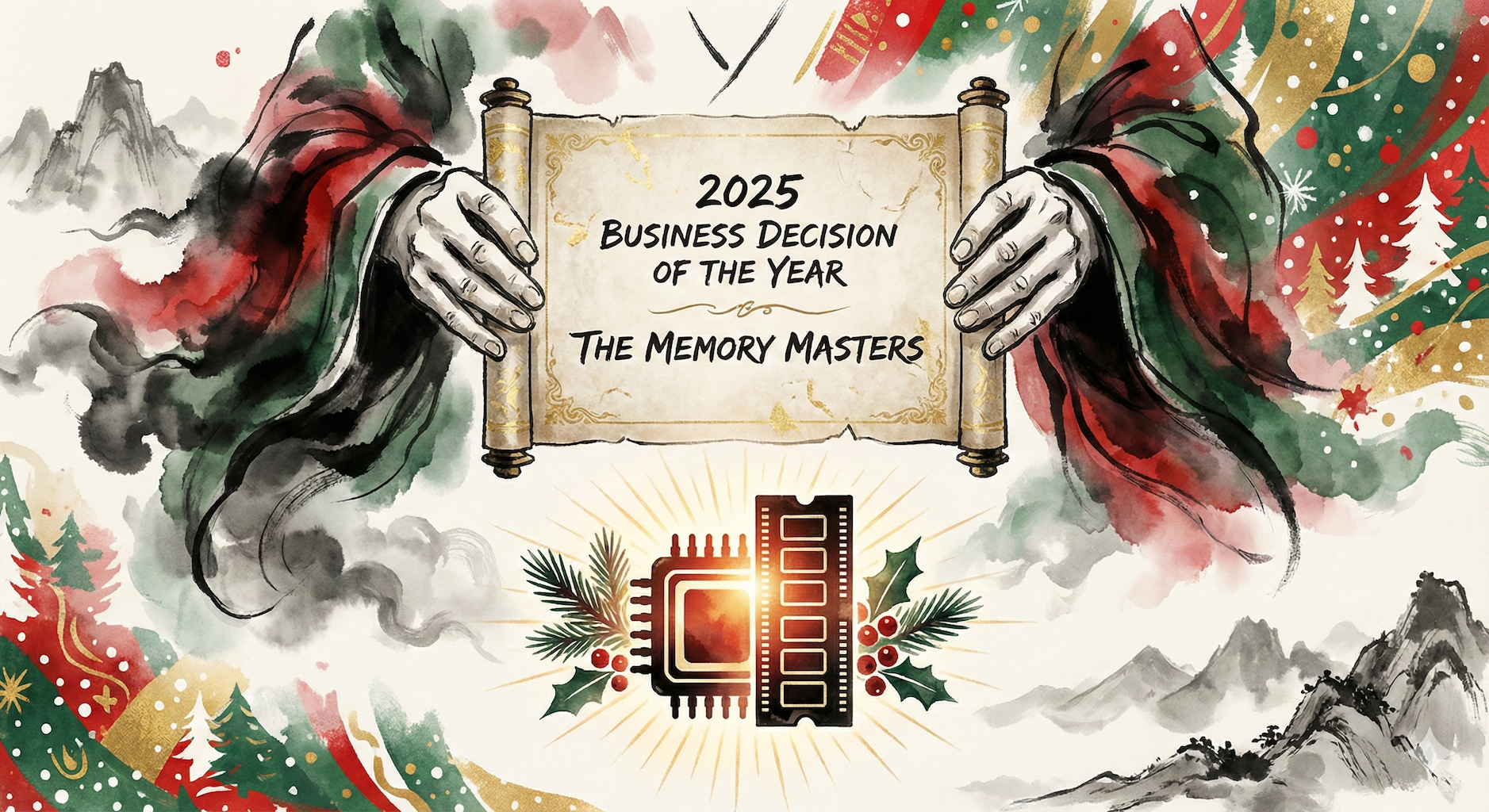Yuval Noah Harari's "Nexus" is a must-read for anyone grappling with artificial intelligence's profound implications for our future. The book masterfully illuminates the critical issues that will dominate global political, moral, ethical, and economic spheres in the coming years and decades.
Everyone’s Utopia is Different
However, the practical realities of our world may diverge significantly from Harari's proposed solutions. GenInnov’s review, at https://geninnov.ai/s/FxMEwG, throws some light on them, although it may appear like a veritable theoretical thicket/thickset. This post highlights them differently through the topic of US elections – something we otherwise do not discuss.
In a landscape of competitive nations and corporations, every entity faces a prisoner's dilemma: if they don't pursue AI advancement, their rivals will. This dynamic makes controlling AI development a near impossibility not just globally but in any society with diverse interests, political parties, and opinions. As we expound in the review, everyone has a different version of Utopia or ideal balance.
Robotaxi and November 2024 Elections
Consider Elon Musk's recent Robotaxi announcement, and let’s forget the lack of details and whether it will become a reality for our purpose. When implemented, its reception and implementation will likely hinge on the outcome of the US presidential election in the following weeks. Even if a fully functional Robo ride emerges by 2027, it will expose a chasm between producer and consumer utility.
Different political factions in the US will inevitably take opposing stances on this divide, partly driven by their ideologies and vote base but also because of Mr. Musk’s public affiliations. One party will likely champion the consumer benefits: faster, cheaper, safer transportation, especially in underserved areas. Others will advocate for the livelihoods of human drivers. Which one dominates in 2027 will depend on the election outcome now.
Easier to Ignore Those Afar
This schism will be even more pronounced when AI adoption benefits one society at the expense of another. Economists describe this succinctly as externalities. For some countries, automation could help reduce immigration while ensuring greater domestic productivity and efficiency. For others, technologies that may threaten the highest-level experts and professionals in foreign countries could help fill the void they may have.
The rapid evolution of GenAI, as we've explored in our "Super Moore" discussions, further complicates matters. With transformer development spreading globally, discussed in our previous piece, regardless of hardware constraints, predicting and directing AI's trajectory becomes increasingly challenging.
AI Ain’t Stopping
Each of us will have a rising number of ethical, social, and political factors to consider. Many of our conclusions will be based on our limited understanding of the present and highly subjective view of the future. Practically, though, the key is to learn and adapt as AI develops rather than sticking to any preformed views. The lack of clear-cut answers will sting, and so will all the negative outcomes of the new technology. Few can truly take a holistic view as we will all be parochial in some sense or the other like Mr Harai in his book.
It's crucial to remain cognizant of AI's risks. Yet, it's equally unrealistic to wish as the book does or expect the field to grind to a halt simply because of potential negative consequences alongside its benefits that we all see differently from our different vantage points. We should heed to Mr Harari's warnings but we must equally accept, at individual levels, that not paying attention to this field for what it is could prove even more costly.



